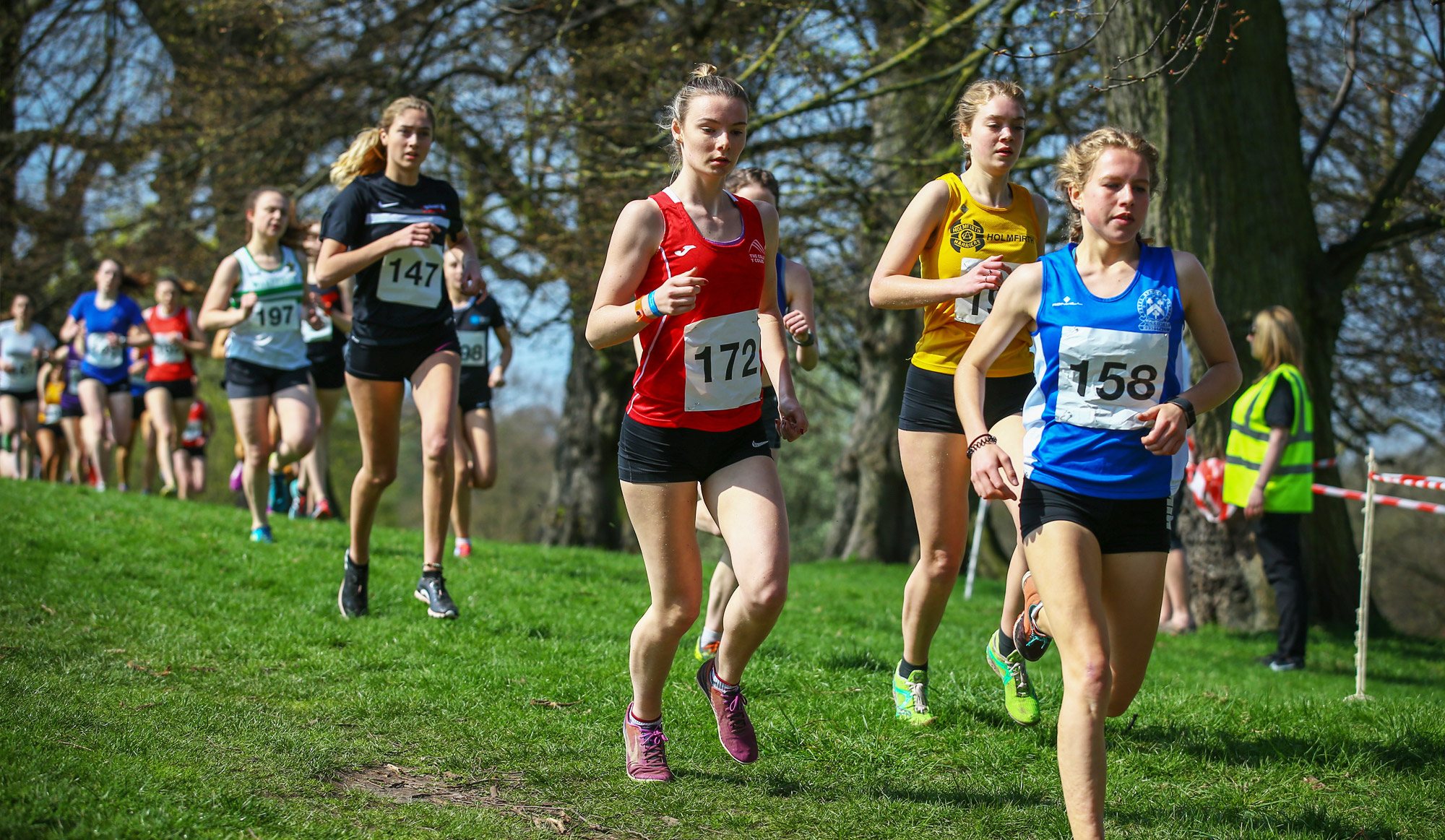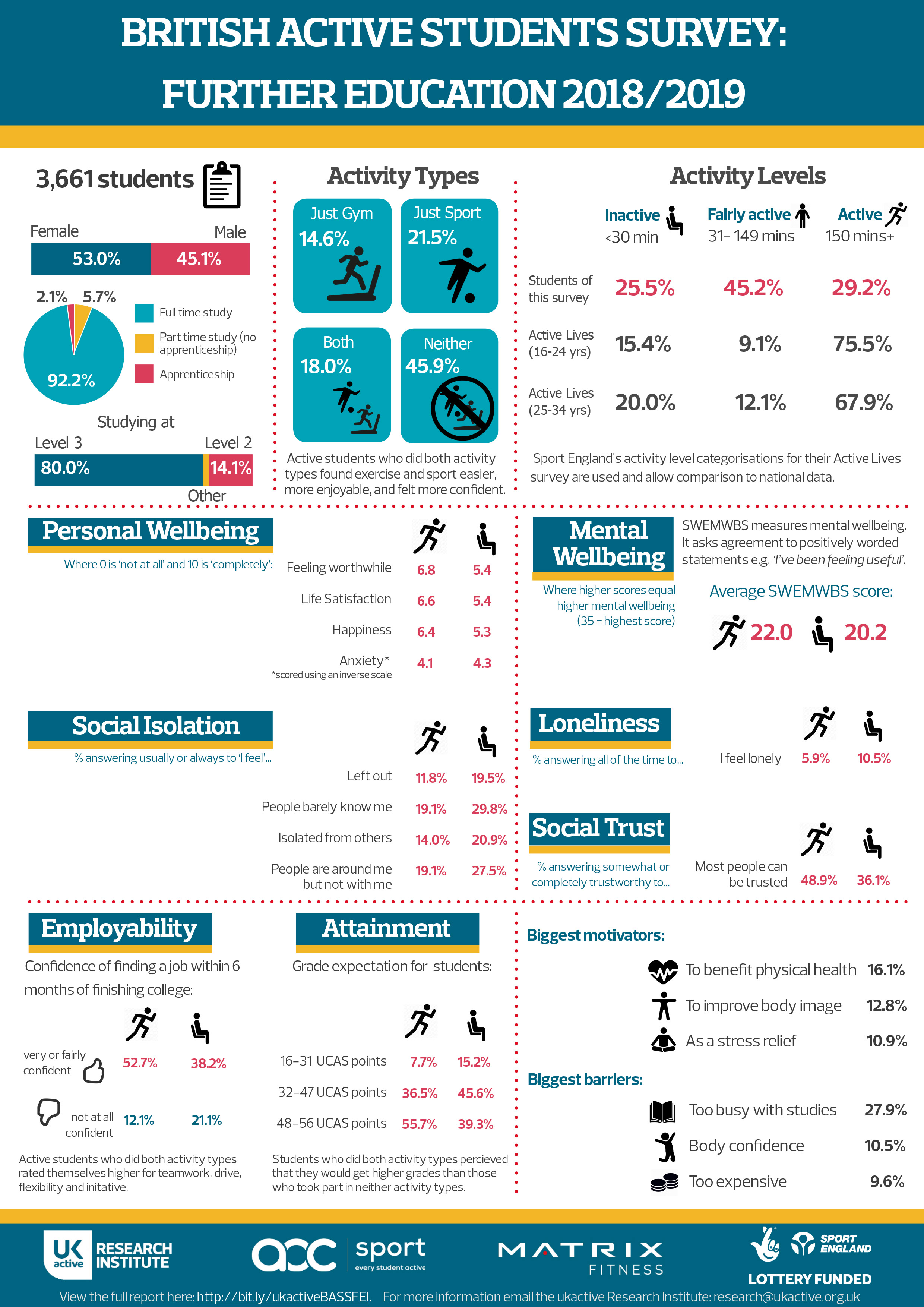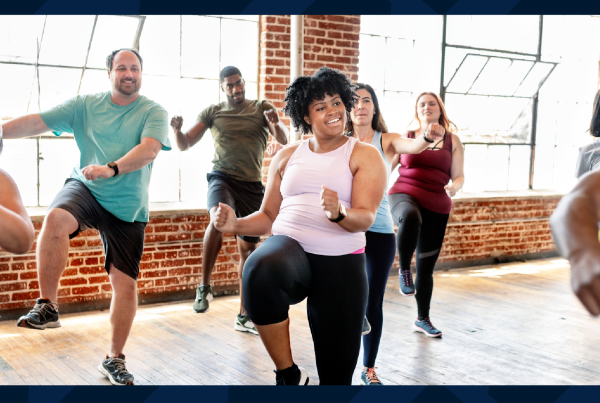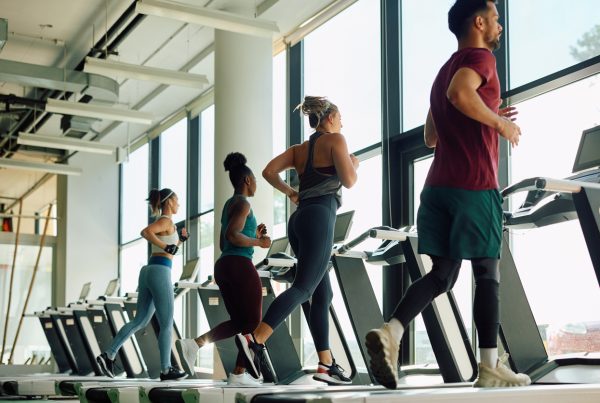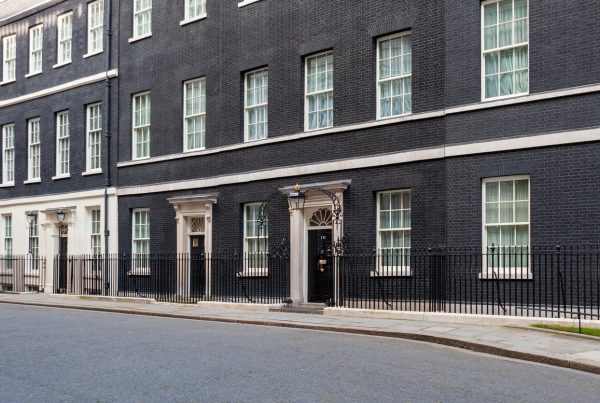A new study of college students from not-for-profit health body ukactive and AoC Sport has found that physical activity could be a major tool in battling rising levels of loneliness among younger people, with active students 21% less likely to report feeling lonely all the time.
The research also found a raft of additional mental health benefits for students who regularly exercise.
Active students rated their life satisfaction significantly higher than less active students, while also reporting higher levels of happiness, increased perception of social inclusion and higher grade expectations.
The report, entitled ‘British Active Students Survey: Further Education’ and delivered in partnership with Matrix Fitness and Sport England, surveyed 3,661 college students (aged 16 and over) on their physical activity levels, as well as various measures of mental wellbeing.
More than two thirds (70.8%) of college students were not meeting the Chief Medical Officer’s recommended levels of physical activity (150 minutes of moderate to vigorous intensity physical activity a week), with 25.5% classified as inactive (taking fewer than 30 minutes of moderate to vigorous intensity physical activity a week).
The findings match closely with a similar survey of students in higher education released last year, conducted primarily with university students, demonstrating the widespread benefits of physical activity across further education institutions.
On barriers to physical activity, the survey found that 27.9% of students believed they were too busy with studies to exercise, despite previous research indicating that students with high levels of physical fitness tend to perform better academically.
The report underlines a major opportunity for further education institutions to maximise student satisfaction and attainment, by better encouraging students to be active throughout the day, and highlighting the beneficial role exercise can have on physical, mental and emotional health.
Other findings from the report included:
- Active students were 15% more likely to report an expectation of top grades (48-56 UCAS points) than inactive students.
- 52.7% of active students had confidence in finding employment, compared to just 38.2% of inactive students
- Inactive students were more likely to report feeling lonely all the time (10.5%) than their more active counterparts (6.9%)
Jack Shakespeare, ukactive Director of Children, Young People and Families, said: “Students today face a multitude of mental and physical health pressures, juggling stressful lives, exams, job fears and socio-economic uncertainty.
“These findings show that physical activity during college years is a vital tool in supporting young peoples’ physical, mental and emotional health, and represents a huge opportunity to deliver better student wellbeing.”
Marcus Kingwell, AoC Sport Managing Director, said: “This report shows just how wide-reaching the benefits of sport and physical activity are.
“There is still a lot of work to be done to get more students active but it highlights just how crucial a role sport and physical activity plays in developing the mental health and wellbeing of young people in colleges, as well as their education and employability.”
Tony Ali, Head of Sales, Education Sector at Matrix said: “A person’s health and wellness should not only include their physical health but also their mental, social and emotional wellbeing. Physical activity and sport has the ability to positively influence personal wellbeing but barriers exist.
“In order to break barriers we want to offer options. Options that ensure physical activity is not just available to all but also drives interest and relevance to this generation. This includes providing them with fitness equipment that engages them, motivates them and allows increased connectivity in a time of technological advancement. Providing them with equipment that helps them set goals, track progress and celebrate achievement.”
To view the full report click here.

